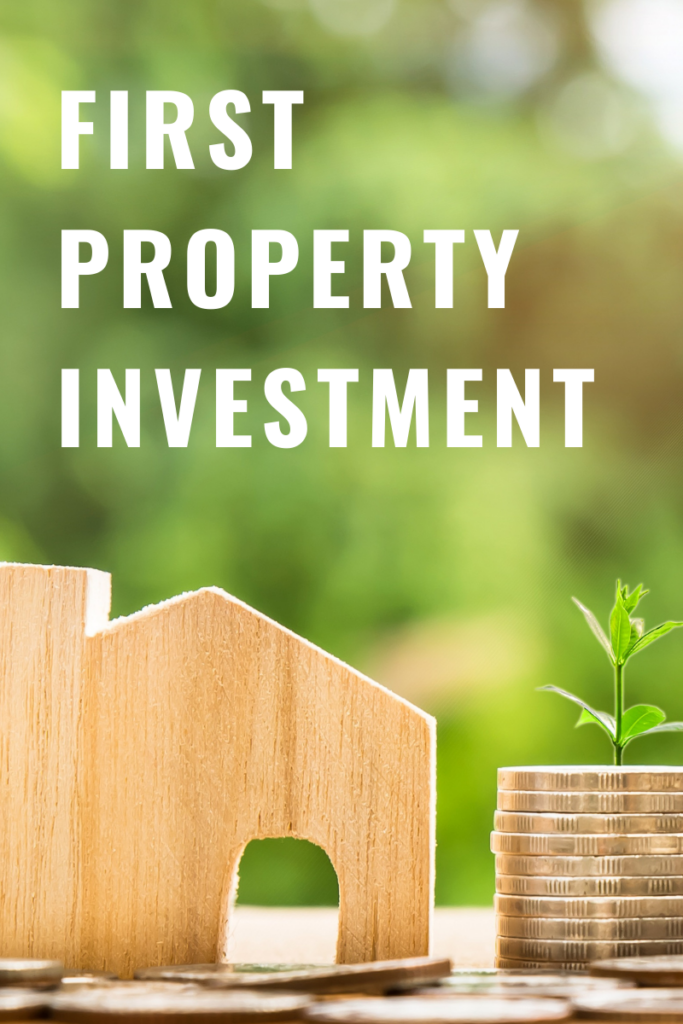Doing the proper researching and using an analytical approach logically based on the financial factors, rather than considering your personal likes and dislikes, will surely help you in purchasing the best property. Knowing what else would be important when buying a home for investment would also be helpful.
Before going there, first, my two questions to you would be, what beliefs do you have about owning a home as an investment?
Will you be making money on it monthly from the rent or will rent just be paying the mortgage?

Putting The Right Hat On
You may have heard of or even know someone personally who has done very well buying a home or homes as an investment. The key operative word here is investment. Any investment has a cycle to follow or be aware of and any investment has with it a certain amount of risk. Buying a home for an investment is different from buying a home to live in. With an investment as your choice, you need to put on your business hat and be aware of six things to know before getting enamored with the process. When you buy a house to live in, it’s an emotional choice. You are contemplating how the family will live inside and outside the house. You are imagining birthday parties, holiday gatherings, possibly graduations, and even weddings in the house and grounds area. Because of that, you have emotional equity invested and that is why people stay in their homes for several years.Six Things To Be Aware Of
So let’s look at six things to be aware of, to know about, to check into when considering buying a house for an investment:1-How Will You Finance The Property?
I believe that having a home as an investment brings extra money in the big picture for the long term effect on your financial portfolio. Real estate is generally a great investment option. It can generate ongoing passive income and can be a good long-term investment if the value increases over time. Many financial experts warn against borrowing money to purchase investments. You should consider this before you purchase a piece of investment real estate. If you can’t afford to pay cash for the home, at the very least, you should be able to afford the mortgage payments, even without rental income.2-Calculate Expenses And Expected Profit Before Purchasing.
Start with calculating the money that you already have and what you can borrow before buying your first investment property. Next, calculate how much it would cost to purchase and renovate the house. Also, keep in mind the operation costs. Finally, estimate the price you are going to list your property for and cut out the expenses to get a rough estimate of the profit you stand to make. Renting out a property can be like taking on a part-time job. When purchasing real estate for investment purposes, you need to consider the cost of taxes, utilities, upkeep, and repairs. Often it is easier to go through a property management company and have them handle things like repairs and rent collection. While this will cost money, it will help ease the burden of owning a rental property. When you establish your budget, you will want to make sure you can cover the entire mortgage and still live comfortably without the additional rent payments coming in. The financial burden created by not factoring in this cost can lead to much stress and or a loss of the property … hence your investment3-Remember To Put On Your Business Cap.
Don’t let your emotions affect your decision when buying your first investment property. Think of it as purely a business investment and logically negotiate to get the best possible price.4-Do Research.
Make sure that the property is situated in a location that will attract the type of clients you hope to sell or rent to, that it will reach the returns you are expecting and that it will appeal to the market. Doing the proper researching and using an analytical approach logically based on the financial factors, rather than considering your personal likes and dislikes, will surely help you in purchasing the best property.5-Down Payment Difference.
Buying an investment property requires a much higher down payment than what is required on the home you buy to live in. That number is most likely going to be 20% or more. You need to consider where that is going to come from and before investing that money in a down payment, consider carefully the cost that will be required to do the renovation.6-First Rental
Consider a low-cost house as your first investment. This will bring the largest audience of buyers or renters depending on if you’re planning to fix and sell or fix and rent. Remember, the lower the price you get for a property, the better the odds that you will earn a higher profit from it.

